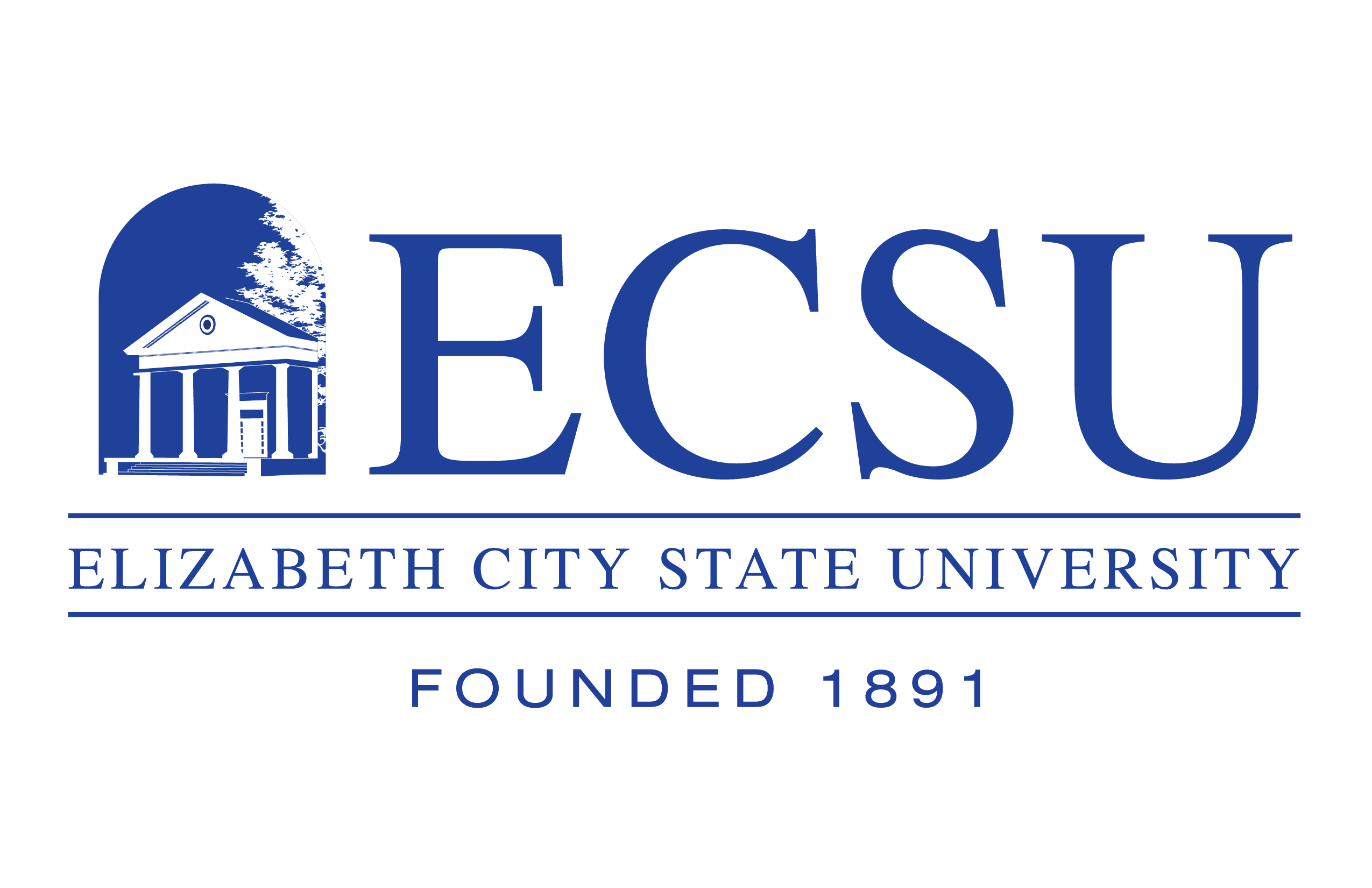Course Program of Study (CPoS)
Did you know?Per the United States Code of Federal Regulation (CFR) 34-Education, a school cannot award federal Title IV aid for credit hours/course work that will not count toward the completion of a student's degree program requirements. Students enrolling in courses that are not required to complete their degree could see their financial aid prorated and/or cancelled as required by the U.S. Department of Education. |
Course Program of Study (CPoS) is a process that identifies courses within a student’s program of study. It compares the courses a student registers for each term with the degree requirements listed on their DegreeWorks worksheet. Courses that do not apply toward a student’s officially declared program of study are ineligible for federal financial aid.
CPoS Check: Each student's schedule is checked to identify courses that do not meet CPoS criteria.
Notification: Students are notified via their ECSU email Self Service Banner 9 (SSB9) if their aid may be impacted. They are directed to check their DegreeWorks worksheet and consult an advisor to adjust their schedule.
Aid Adjustment: Aid could be adjusted if a student is not registered in courses that apply to their officially declared program of study. Students should plan carefully and ensure that their registration aligns with their degree program requirements.
Review: Students should review their DegreeWorks if they receive a CPoS notification. They are encouraged to develop their course schedules early with their advisor prior to registration to ensure compliance.
Important Guidelines to FollowKnow Your Degree Plan: Financial aid will only pay for courses that are in your declared major/minor. Act Early: If your financial aid award has been reduced due to enrollment in courses that do not count in your degree plan, contact your academic adviser as soon as possible and work closely with them to ensure you are registered only in courses that count in your degree plan (major/minor). |
COURSE PROGRAM OF STUDY REQUIREMENT FAQS
Students enrolled in courses impacted by CPoS will be notified via their ECSU University student email. Please note, some portion of your federal aid may be prorated/reduced based on less than full-time status.
Scholarships are not withheld for courses that don’t apply to students’ degree plans. However, students with scholarships and that also have need-based aid, could have their scholarships adjusted due to a reduction in the cost of attendance.
Students will be notified via their ECSU email and will have an alert posted on their Financial Aid self-service page in SSB9. Students can also view their courses using Degree Works. Advisors are another source of help for students regarding their degree plans. They will discuss course options with students so that students can update their class schedules so that all courses fit the degree plan.
The degree evaluation tool will be used to determine if courses are part of a students’ degree plan. If they are not, students impacted by the Course Program of Study process will be notified before the start of the semester during the registration process. This process will continue to run through Census date (10th class day in regular terms). After this point, no further adjustments will be allowed. It is important that all changes to a student’s degree plan be made prior to Census date of each term/semester.
If you've been notified that one or more of your courses do not count in your degree plan, here are the steps you should take:
- Review Your Degree Plan: Verify your degree plan requirements using DegreeWorks or your official degree plan in the ECSU Catalog to determine which courses count toward your declared major or concentration.
- Consult Your Advisor: Reach out to your academic advisor to discuss the notification. Your advisor can help you understand why the course does not count and provide guidance on what actions you need to take.
- Adjust Your Schedule: If needed, adjust your class schedule to ensure that all your enrolled courses count toward your degree plan. Your advisor can assist you with this process.
- Documentation: If you believe there has been an error and the course should count toward your degree plan, gather any documentation, or evidence that supports your claim. This can include syllabi, course descriptions, and degree plan details.
- Monitor Notifications: Continue to monitor your ECSU email and Financial Aid self-service page in Student Self Service banner (SSB) for any updates or further instructions.
Taking these steps promptly can help ensure that your courses align with your degree plan and that you remain eligible for financial aid. If you have any further questions or concerns, your academic advisor and the Financial Aid office are great resources to consult.
No. To receive a federal student loan, you must be enrolled at least half-time in credit hours (6) for Undergraduates and (5) for graduates that apply toward your officially declared program of study. Because only 4 credits apply to your program of study, you are not enrolled at least half-time to be eligible.
Students’ financial aid awards will be calculated based on hours enrolled that count toward the degree plan. Students receiving financial aid are strongly encouraged to take courses that count toward completion of their degree. For financial aid purposes, a student is considered full-time if enrolled in 12 credit hours or more as an undergraduate, or 9 credit hours as a graduate/professional student.
Students should always reference their official degree plans in the ECSU Catalog, or Degree Works for undergraduates. However, if a student believes a course should count toward the degree, but it is not covered by Financial Aid, contact your advisor or graduate program coordinator.
Only courses that count toward a student’s degree can be covered by financial aid. If a student drops all courses that count toward the degree after drop and remains enrolled only in courses that do not count toward the degree, a return of Title IV calculation will be completed, and student may have to return a portion of Federal financial aid awarded and may be required to repay all or a portion of the financial aid disbursed to them.
Only courses that count toward a student’s degree can be covered by financial aid. If a student drops all courses that count toward the degree and remains enrolled only in courses that do not count toward the degree, this will result in financial aid being canceled and the student may owe a balance to the school.
There are two separate processes that will affect repeated courses. The first is the degree plan evaluation and the second is the repeated coursework evaluation. A repeated course will count for the Course Program of Study evaluation process if it is part of a student’s degree plan. However, the repeated course would still need to pass the repeated coursework evaluation to be eligible for financial aid.
Students are allowed to repeat a previously passed course that counts toward the degree only once. The only exception is for courses that are required to be taken multiple times (using the same course number throughout a degree program) and where the content is different each time the course is taken.
Athletes are required to enroll full-time unless certified to be in final hours before graduation. If an athlete has federal aid in the aid award package and is not enrolled full-time (12 hours or more for undergraduates or 9 hours or more for graduate students) in courses that count in the degree plan, the cost of attendance will be reduced. This may impact financial aid depending on individual aid packages and sources of funds.
The Cost of Attendance is an estimate of the cost for students to go to school for a specific amount of time such as per semester or per year. It is based on a student’s enrollment status. Enrollment status for financial aid consideration is based on eligible courses only. If a student is enrolled in 12 hours or more that count toward the degree plan, the student will be considered a full-time student for cost of attendance purposes.
If you are only receiving Federal Direct loans, you will be eligible for financial aid. If you are receiving federal Pell grants and or SEOG, the amount you receive for the grant will be reduced.
Only the courses that count toward a student’s declared major in the degree plan as of Census date for each semester will be evaluated for financial aid eligibility. Courses counting toward future declared majors/minors will not count. The Census Date for each term is published on the academic calendar. It is important that all changes to a student’s declared major be made far in advance of the first class day to avoid adverse impacts to financial aid.
Double majors must be officially declared far in advance of the first class day to avoid adverse impacts to financial aid. The Census Date for each term is published on the academic calendar. Courses taken toward an undeclared major will not count in the Course Program of Study evaluation process.
Concentrations must be officially declared far in advance of the first-class day to avoid adverse impacts to financial aid. The Census Date for each term is published on the academic calendar. Courses taken toward an undeclared minor will not count in the Course Program of Study evaluation process.
Coursework for a minor that doesn't meet any degree requirements (like general education, major or electives) cannot be counted in a student's enrollment status. However, costs for such coursework can be covered using excess Title IV aid (with the student's permission).
On the other hand, if a student has two majors and is taking courses for the second major after completing the first, those courses can be included in the student's enrollment status. This is because they are part of the eligible program for the second major.
If a student is already admitted into a program of study but needs to take a prerequisite course (usually a lower-level course) that is not part of the program but is necessary in order to take a course in their current program of study (usually a higher-level course), the prerequisite course in this scenario can be considered “remedial” and would therefore fall under all of our remedial coursework regulations – 34 CFR 668.20. In treating these courses as remedial they count against the remedial course limits (30 semester) and must be at least qualitatively evaluated within SAP.
If your major allows for electives, and you have available credits remaining in your elective section, adding electives will not impact your financial aid. However, if you have satisfied all of your elective credits, the additional elective course(s) will likely be ineligible for financial aid.
Transfer credits will be considered the same as ECSU’s coursework in meeting degree requirements. See your degree works audit. A large number of transfer credits may impact your program electives.
Prerequisite courses are eligible for financial aid for up to 30 credit hours. The federal guidelines allow prerequisite courses to be included in the 30-hour remedial category. If you take a prerequisite course and have already completed 30 credit hours in the remedial or prerequisite categories, the course will not be eligible for financial aid.
*As with any other course, the study abroad courses or independent study courses must count toward a student’s degree plan to be considered for financial aid eligibility.
As long as you remain in a minimum of twelve hours that apply toward your degree based on your official degree plan, you will be awarded financial aid for those hours – which match ECSU’s tuition cap of 12 credit hours.
International students may have changes in status, including citizenship, that make them eligible for financial aid later. We would like our international students to be aware of requirements should they qualify for and accept financial aid in future semesters.
Even if you're paying out of pocket and not using FAFSA, the Course Program of Study notifications are still relevant. These notices help ensure you're taking courses that count toward your degree, keeping you on track for graduation.
They can also serve as a reminder to review your course selections and consult your advisor. Staying informed about these requirements is beneficial in case your financial situation changes and you become eligible for financial aid in the future.
CONTACT US
Log into E4U to contact your advisor.
ADDITIONAL LINKS



